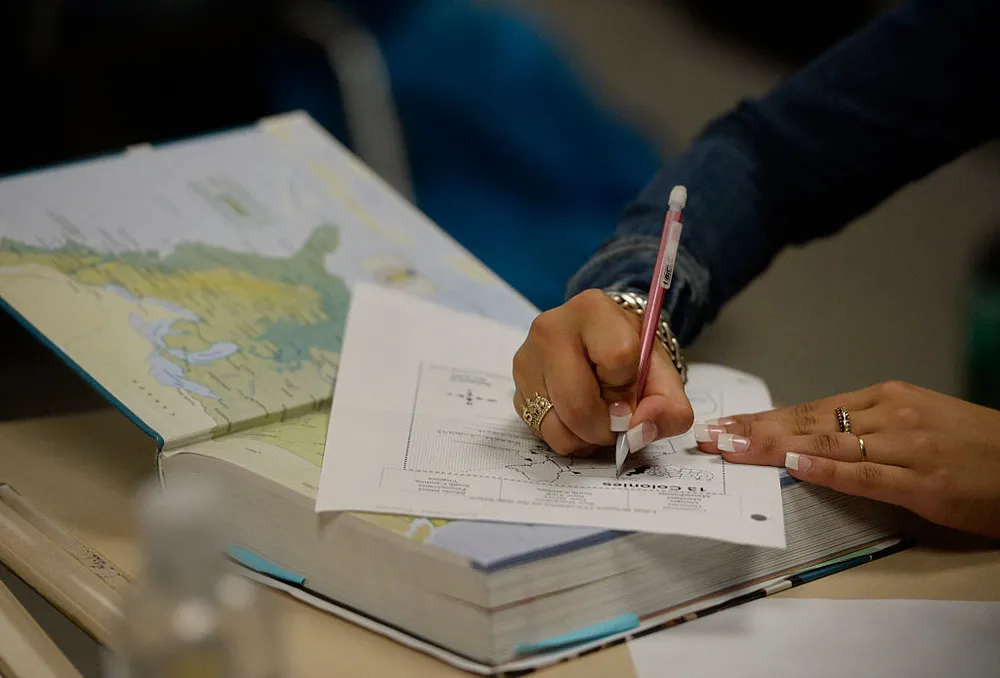
With the nation divided along political lines, amid ever-mounting suspicion of supposed outside influences undermining American security, a group of powerful people decided to go right to the root of what they saw as the problem: American students, they believed, were being taught a skewed version of their own history that was designed to weaken patriotism. To stop the corrosion, someone would have to intervene.
This scenario may sound familiar, but it didn’t take place just last week, when President Trump threatened the funding of California schools that teach the New York Times’ 1619 Project, which reframes the country’s origins around the arrival of the first enslaved Africans in Virginia. (Material from the project has been used to supplement curricula in schools nationwide, though the extent of its implementation in California is not clear.)
But in fact, that scenario could have taken place in the aftermath of the Civil War. Or in 1917. Or in 1948.
So it’s no surprise that historians’ collective reaction to Trump’s tweet—and a similar sentiment expressed earlier this summer by Arkansas Republican Senator Tom Cotton’s introduction of the Saving American History Act of 2020—was one of déjà vu. The teaching of U.S. History in public schools has always been political, and such concerns about whether curricula are “anti-American” are par for the course in moments of turmoil.
“It’s the story of history education in this country,” says current UIUC Chancellors Post Doctoral Fellow and former AP U.S. History teacher Lindsay Marshall. “Cycle after cycle of political anxiety manifesting in ‘well, obviously we’re teaching our own history wrong and that’s the problem.'”
See the full article at TIME Magazine